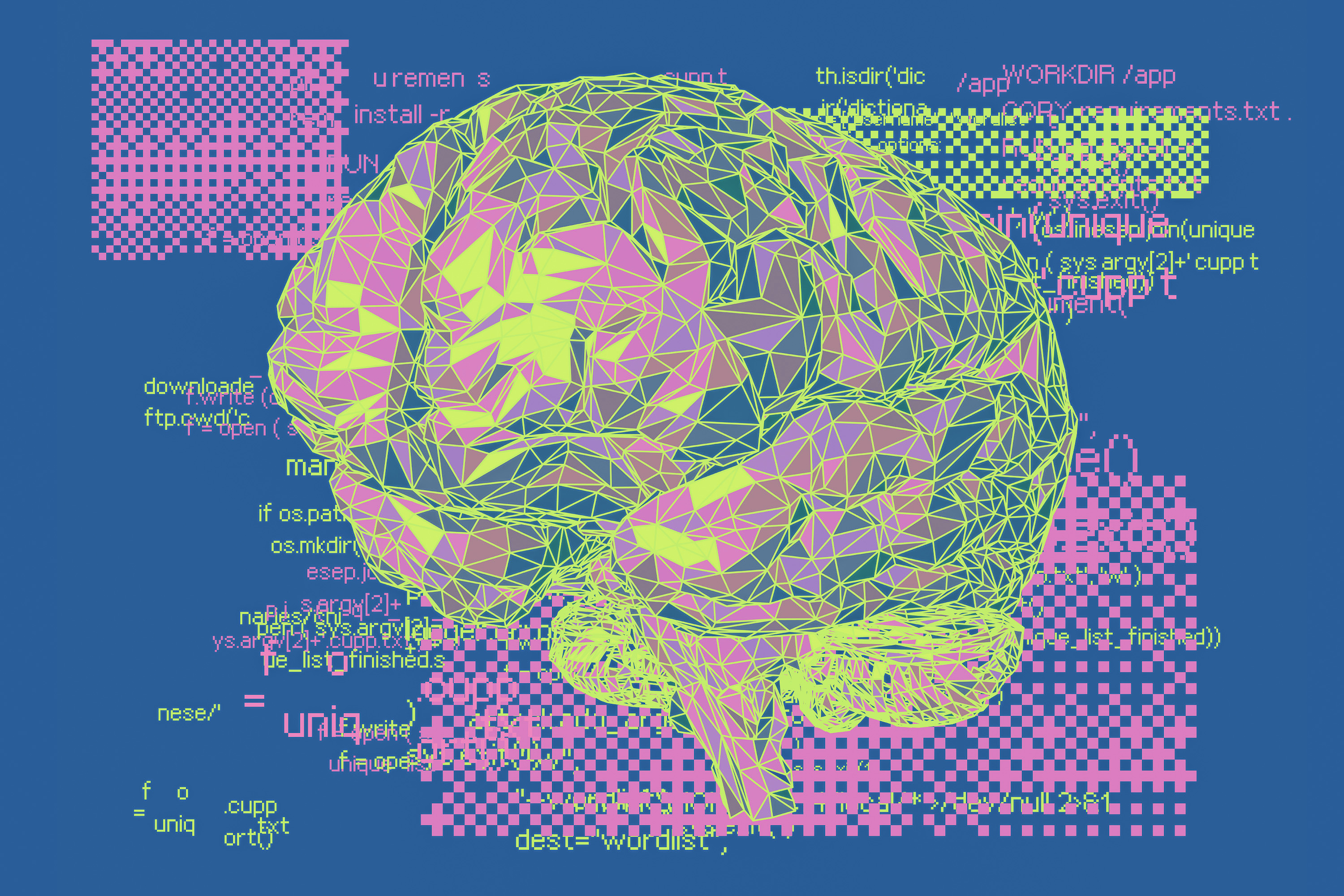
Escalating tensions in Taiwan and Ukraine are pressuring the world to choose an alignment: you are either with us or against us. Echoing the Cold War era, Joe Biden has repeatedly framed the battle between Russia and the West as a battle between authoritarianism and democracy. Upon arrival in Taipei, Nancy Pelosi replicated Biden’s rhetoric and applied it to China-U.S. relations. Politicians, historians, journalists and the general public opinion have created a ‘new Cold War’ narrative. However, our geopolitical reality is complex and increasingly multipolar and many nations refuse to choose sides.
Whilst most of the democratic Western countries have denounced China’s actions and sanctioned Russia, quite a few democracies of the ‘Global South’ have chosen a path of proactive neutrality, echoing a spirit of nonalignment. During the 20th century Cold War, nonalignment was an expression of anti-imperialism, anti-colonialism and nonaggression. Originally dubbed “neutralism”, it provided a third alternative in a bipolar world. Today the essence of nonalignment is not as ideological, but instrumental. Neutralism has translated to opportunism. India—buying discounted Russian oil—aims “to advance national interests by exploiting opportunities”. Africa and Latin America remain largely nonaligned, due to fears of food shortages and angering China, their largest trading partner and provider of infrastructure and 5G technology. Importantly, the BRICS has become a critical node among non-Western heavyweights, fostering much-needed development projects.


